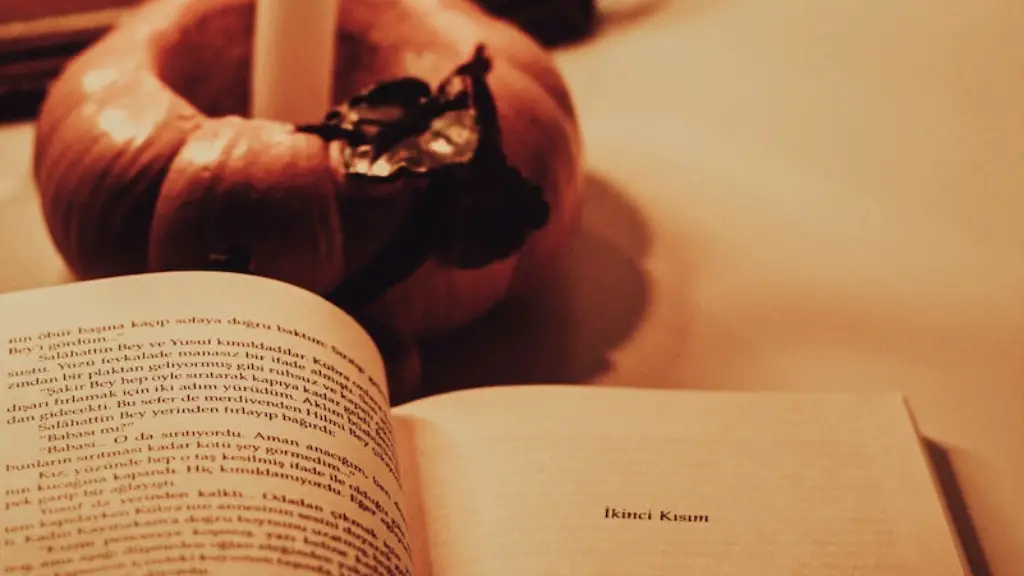Tips on Mastering Poetry
Poetry is an art form that dates back centuries and has served to express emotions and thoughts that can be hard to express in any other way. Mastering the craft of writing poetry can help to create truly unique and beautiful works that can stand alone or be used to support other creative endeavors. There is no one-size-fits-all approach to mastering poetry, but here are a few tips to help get you started.
The first step to mastering poetry is to read. Many of the best poems in the world have been written by some of the greatest minds in history, and by spending time reading great works, you can get a feel for the type of writing that may be required to make your own poem stand out. By reading different styles of writing and different topics, you can find yourself more able to express your feelings and concepts no matter what the topic.
The second step is to practice. Like any craft, the more you do it the better you get. As you write more and more, you will find yourself getting better and better. The more confidence you build in yourself and in your writing, the more poetic you can become. Research different genres of poetry, make use of literary devices, and get feedback from friends and family to help shape your craft.
Another step to mastering poetry is to stay up to date with trends. Genres and styles of poetry change over time, so it can be beneficial to research what is being written and published currently. This can help to give you insight into the types of styles and conventions that will be favored by readers. Knowing what is popular can help you to be more in tune with what people may be looking for in a poem.
A final step to mastering poetry is to draw inspiration from sources outside the literary world. Events, nature, and personal experiences are all great for finding relevant, interesting material for your poems. As times change, so does the material of poetry, so it’s always a great idea to look outside the world of books for art that can give you insight.
Embrace Metaphors
Using metaphors in your poems can help give the reader a more in-depth understanding of the topic. Take the time to brainstorm and think about how two concepts could be related in order to create an original, interesting metaphor. Allowing the creative juices to flow can help you develop ideas that push the boundaries and engage the reader.
When using metaphors, however, it’s important to remember that they should be used sparingly. Overelaborate metaphors can take away from the flow and understanding of the poem. By having a clear message before you begin to ornate, you can make sure that your metaphors are meaningful and not just words to fill up your poem.
Imagery is also related to metaphors and can help to expand on the point of a piece. By including vivid images throughout, a reader can get a much clearer picture of what the topic of the work is. Imagery can be used to add depth and texture to a poem and can help in times where words may fail.
Own Your Voice
When writing a poem, it can be beneficial to focus on creating your own unique voice. Experience, background, and life will always impact the way something is written, so by understanding your own voice, you can write poetry that conveys the depth of your emotions and concepts.
In a world where everything can be generated electronically, it’s important to differentiate your poetry. Adding in your own visual, physical, and emotional elements can help to make your work stand out and almost become tangible in the readers’ minds.
Using different techniques like cadence, rhyme and free verse can also help you create something unique. Learning the different techniques and playing around with styles can help to develop your own style and add uniqueness to your work.
Understanding and utilizing your voice is an important step in mastering poetry. By putting your spin on subjects and focusing on your own style, your work can stand out and become truly unique.
Seek Feedback from Others
Once you are comfortable with your work, it’s a good idea to get feedback from others. Hearing a critical opinion can either validate the work or point out any flaws that may need to be addressed. It can be a great tool for pushing yourself and for pushing the boundaries of your work.
Seeking feedback from a teacher, a parent, family, or friends can help to provide input on fresh ideas. Everyone has different perspectives and can come up with ideas that you may not have thought of. It can be a great way to look at your own work differently and to help it to grow.
Receiving feedback can also help to gauge the level of interest of your work. If several people find your work appealing, then you have done a great job in capturing the attention of others. Take this as a source of optimism and continue to write.
Audience Engagement is Key
When writing poetry, you should keep the audience in mind. Writing in a way that engages the readers is important in order to keep the reader’s attention and make sure that they stay with your poem. Think of the audience’s reaction before you start to write and make sure to satisfy them to the best of your ability.
One way to engage the audience is to make sure that your poem stands out. Funny takes, interesting wordplay, and non-traditional structures are some tools that can be used to capture the reader’s attention. Make sure to use new techniques to highlight the poem’s message and to provide a unique experience.
Make sure to also keep the poem’s topic in mind. While creativity is key in engaging the audience, the original purpose of the poem needs to remain clear throughout. Sticking to the original message through creativity instead of straying too far off can help to maintain a level of interest.
Find Inspiration Everywhere
Finding inspiration is an important part of mastering poetry. Whether it’s from other works of art, personal experiences, nature, or through conversation, inspiration can be found everywhere. Moving away from the same topics and finding interesting perspectives can help you to produce a new and improved version of your work.
Nature is also a great source of inspiration. Getting away from the hustle and bustle of everyday life and taking time to ponder the wonders of the world can help to provide the necessary motivation to keep pushing forward. Taking the time to appreciate the world around us can bring out the beauty within us, resulting in beautiful works of art.
It’s also important to take time and understand the motivations of your competitors. Keeping up to date with the works of your peers can help you to come up with new and interesting takes on the same topics. Utilizing their styles and thoughts can help you to stay engaged and knowledgeable about the literary world.
Remain Open-Minded
Writing poetry can be an amazing experience, but the process is not an exact science. It’s important to remain open-minded throughout the process and to be comfortable with taking risks. Not every poem will be great, but it’s important to take those experiences and use them to continuously refine and refine the craft.
It’s also important to be well-read. Whether it’s biography, fiction, or non-fiction, taking the time to read different works can help to provide new perspective and to see things in a different light. Reading works from different time periods can also give insight into the evolution of the craft.
In the end, it is important to never give up. Poetry can be a truly amazing thing if done right. Spend time studying the craft and trying to perfect the desired style, and with enough dedication and practice, your work can be the kind of poetry of which you can be truly proud.





